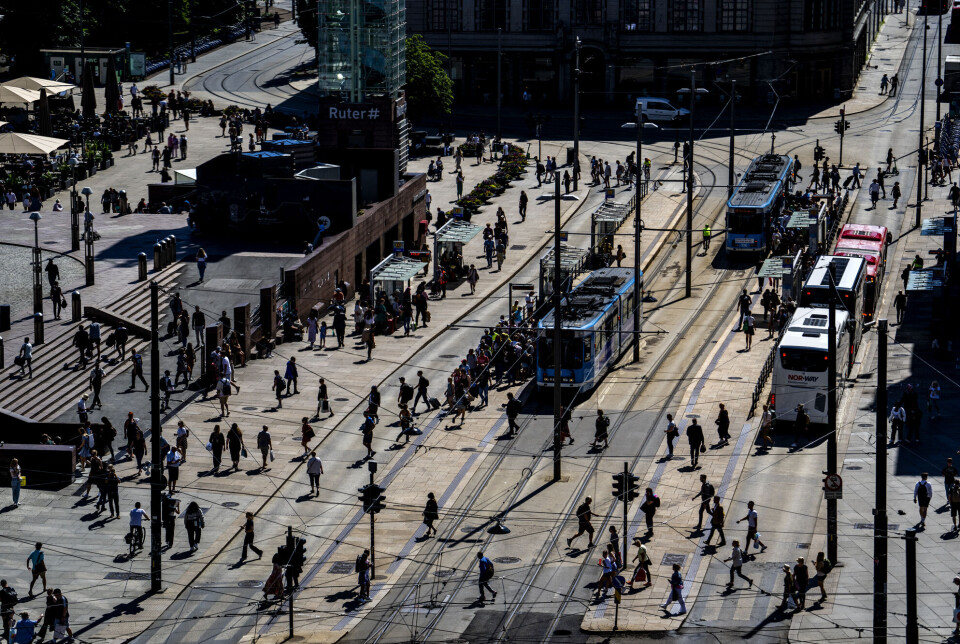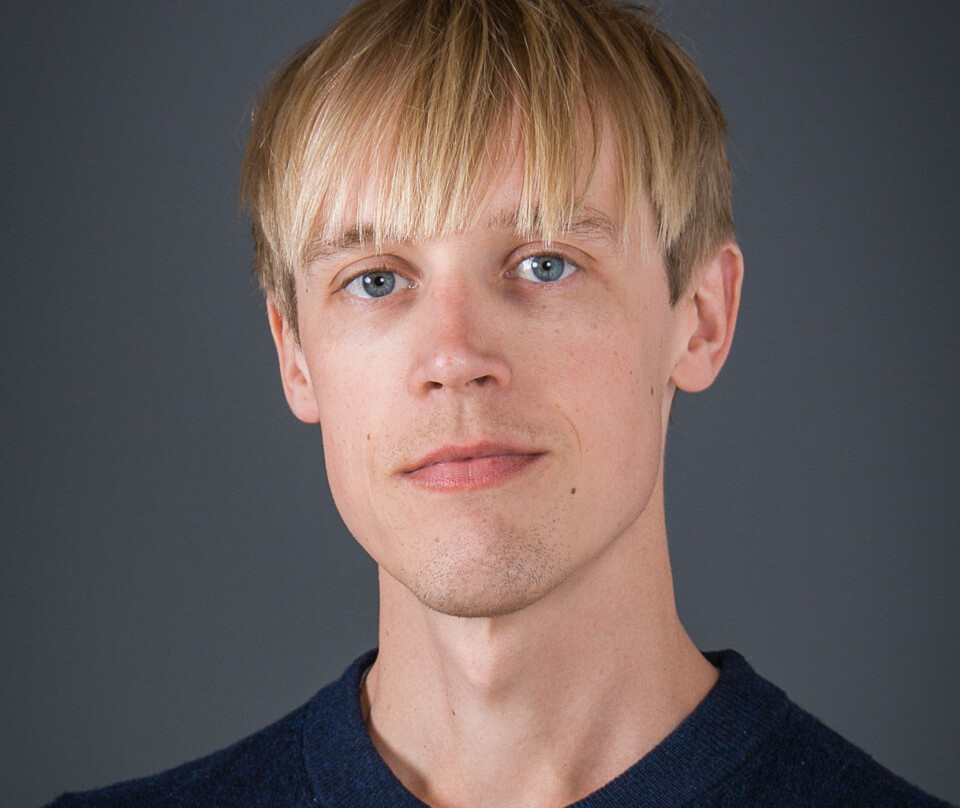
If you come from one of these countries, you have a lower chance of getting a job in Norway
Job seekers with names from Africa, the Middle East, and South Asia face discrimination when applying for jobs in Norway.
Job seekers from other European countries, the USA, and Russia also face discrimination, but to a much lesser extent.
This conclusion comes from a new study published in the Norwegian Journal of Social Research (link in Norwegian).
Researchers believe this reflects some quite clear status differences among Norwegian groups in society.
Invited to interviews less frequently
Discrimination against applicants with foreign names is not a new phenomenon in Norway.
A 2012 study revealed that having a foreign name reduces the likelihood of being called for an interview by 25 per cent.
Researchers sent out job applications from fictitious candidates, such as Knut Hansen and Kamran Hassan, to thousands of companies.
While applicants were equally qualified, their names hinted at different ethnic backgrounds.
This approach, known as experimental research, was conducted by several researchers, including Arnfinn Midtbøen, now a professor at the University of Oslo.
Do some face more discrimination than others?
In a new study, Midtbøen sought to examine this discrimination more closely.
Is there any difference based on where people come from – whether they are from Afghanistan, Poland, or Eritrea?

And if such differences exist, does it imply an ethnic hierarchy where people are ranked according to their status in society?
The latest findings reveal significant disparities.
2,779 applications sent
Overall, job seekers with foreign names had a 32 per cent lower chance of receiving a positive response from employers compared to those with Norwegian names.
Applicants with names from the Middle East, Africa, and South Asia are most frequently discriminated against. This includes individuals from countries such as Pakistan, Turkey, Morocco, India, Somalia, Eritrea, Iraq, and Afghanistan.
Europeans, Americans, and Russians face considerably less discrimination.
The same applies to applicants from Southeast and East Asia, including South Korea, Japan, Vietnam, and China.
Similar to global trends
Midtbøen is not surprised by the findings.
"They align closely with previous studies on discrimination in Norway using other methods," he tells sciencenorway.no.
He believes it is reasonable to assume that the differences in discrimination also apply in other areas of society, such as healthcare, education, and interactions with law enforcement.
"There's little doubt that this reflects a fairly clear hierarchy in Norwegian society, where groups are ranked based on country of origin, religion, and gender," says Midtbøen.

"An important study"
Jon Rogstad, a researcher at OsloMet, led the Discrimination of Muslims in the Labour Market project last year. Rogstad was not involved in this new study.
"This is an important study with convincing data," he says.
Rogstad points out that the study provides clear evidence of discrimination in Norway.
"This is important because there is still a kind of innocent perception of Norway," says Rogstad.
He explains that Norway values equality as an ideal, meant to ensure all citizens have the same opportunities. Equality means fairness and equal treatment.
"But in practice, we see systematic differences in who actually gets the chance to demonstrate their skills and abilities," says Rogstad.
Addressing discrimination
Rogstad believes it is time to rethink strategies to combat discrimination. The situation has remained largely unchanged for several decades, he says.
“It’s worth asking whether current efforts are truly effective,” he says.
Rogstad believes we need to take a completely different approach. He notes that the increasing employment of immigrants may not necessarily reflect a shift in employers’ attitudes toward minorities. Instead, it could simply be due to a growing need for labour.
"There are valid reasons to be somewhat pessimistic about changes," says Arnfinn Midtbøen.
Despite extensive efforts to reduce discrimination through laws and regulations, experimental research shows little evidence that the level of discrimination has decreased over time, Midtbøen concludes.
———
Translated by Alette Bjordal Gjellesvik
Read the Norwegian version of this article on forskning.no
Reference:
Larsen, E.N. & Midtbøen, A.H. 'The Ethnic Hierarchy. Discrimination Based on Country Origin, Religion and Phenotype in the Norwegian Labour Market', Norwegian Journal of Social Research, 2024. DOI: 10.18261/tfs.65.4.1 (Abstract)
Related content:

Subscribe to our newsletter
The latest news from Science Norway, sent twice a week and completely free.






































